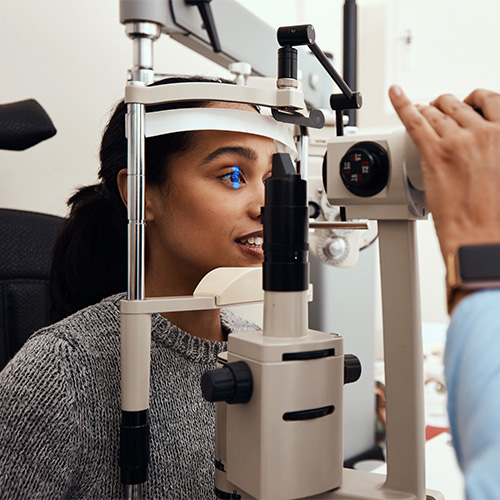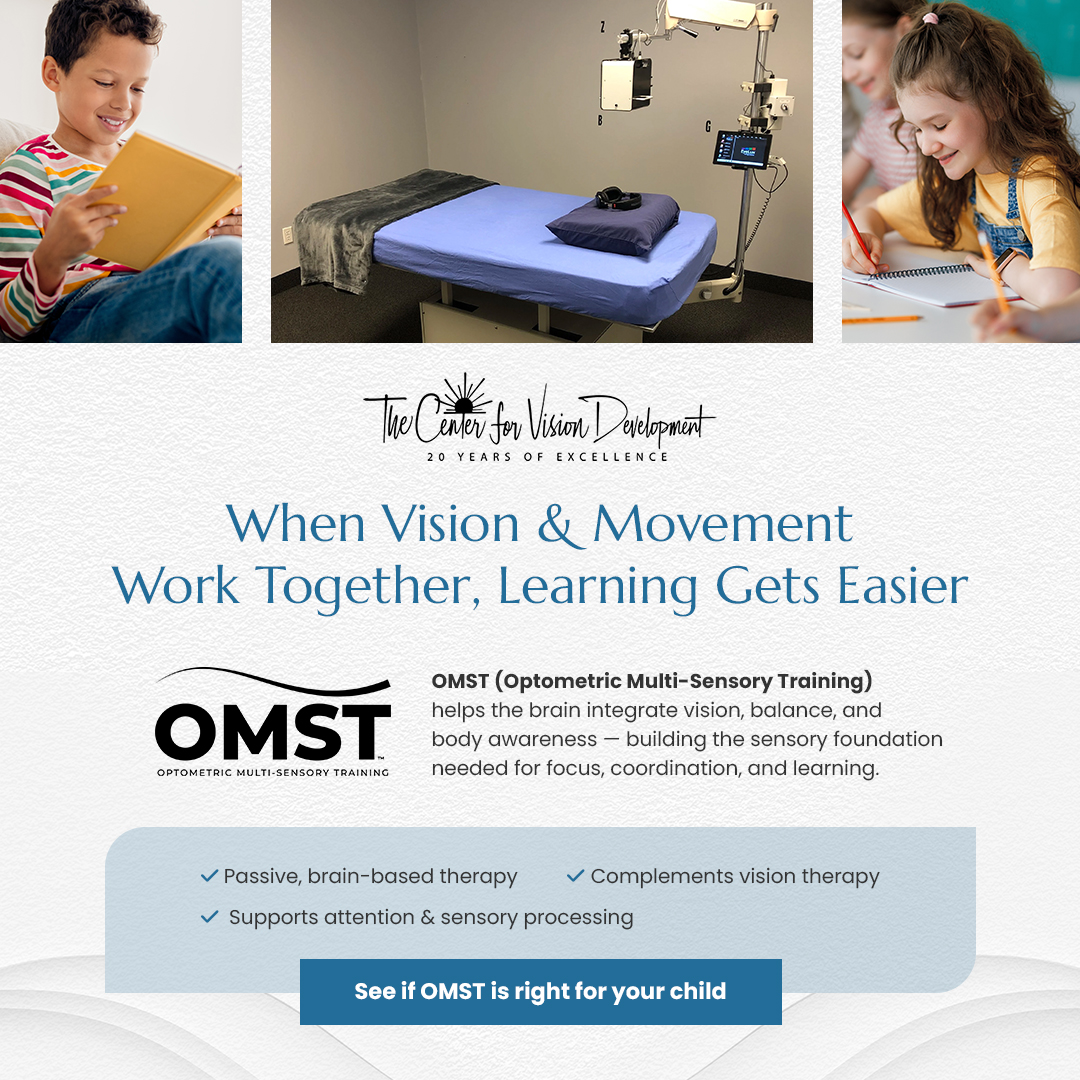
How Adults Can Benefit From Vision Therapy
If symptoms like headaches and eyestrain have started to impact your work performance, a visual deficiency may be to blame. Visual deficiencies develop when your eyes and brain can’t work together efficiently. Vision therapy works to improve how your eyes relay information to your brain. In this post, a Washington, DC optometrist discusses how vision therapy works and how it can benefit adults.
What Is Vision Therapy?
Deficiencies in the visual field are not limited to refractive-related problems like nearsightedness or astigmatism. These conditions arise from anomalies within the structures of the eyes. Visual deficiencies can also result when your two eyes have difficulty working together, especially when performing near tasks, such as reading and writing. When this happens, it affects your eyes’ ability to relay information to your brain.
Vision therapy specifically addresses functional vision problems, such as those that occur when the eyes don’t work together as they should. Unfortunately, standard vision tests don’t check for problematic near vision skills so a person can go her entire life without knowing these issues exist. Using a series of progressive therapeutic eye exercises, an optometrist can help enhance your visual skills.
Benefits of Vision Therapy
While typically used with children who have trouble with classroom learning, vision therapy can benefit adults as well. This is because of the “neuroplasticity” of the brain. Neuroplasticity has to do with your brain’s ability to change throughout your lifetime. In essence, vision therapy teaches your eyes and brain to work together more efficiently.
Vision therapy offers many benefits, many of which work to help improve your overall quality of life. Here are just a few:
- Reduces mental and physical fatigue
- Headache and migraine relief
- Improves focus and concentration
- Enhances memory capacity
- Lengthens attention span
- Relieves eyestrain
How Does Vision Therapy Work?
Vision therapy uses a customized series of activities and exercises to retrain your eyes and brain to work together at optimal levels. An optometrist conducts a developmental vision evaluation to determine your visual needs and from there, devises a treatment approach. Sessions are typically scheduled at least once a week and last from 30 to 45 minutes.
If you have more questions or would like to schedule a consultation, your Washington, DC optometrist is happy to help.











